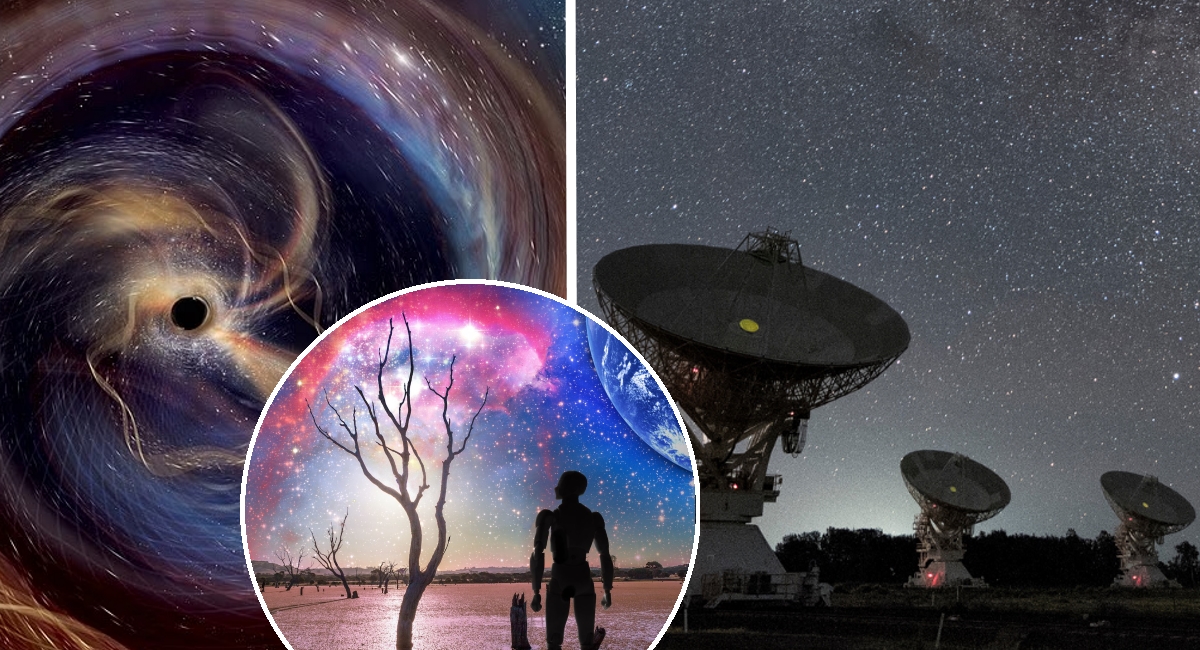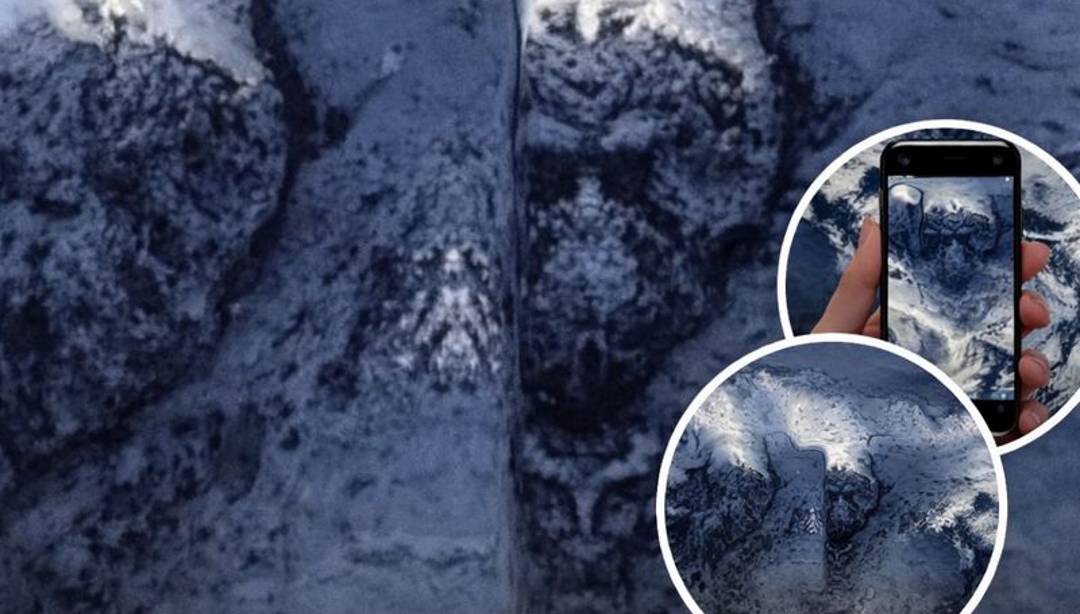Buckle up: astrophysicists are seriously entertaining the idea that a gravitational wave signal we detected — known as **GW190521** — might be an “echo” from a black hole merger in a parallel universe, passing through a wormhole and arriving in our cosmos. That’s the startling hypothesis advanced by researchers at the Chinese Academy of Sciences in a new preprint paper. Unilad broke the news, citing the work that links this weird signal to something beyond our known universe.
In classical interpretations, GW190521 was considered the gravitational wave from two massive black holes colliding some 17 billion light-years away. But this new theory suggests an entirely different origin: that the merger happened **elsewhere**, in another universe, and its wave passed through a **wormhole throat** before reaching Earth. UniladTech summarized the argument, explaining how a “ringdown” — the dying vibrations after the merger — could traverse a wormhole and show up as a short, echo-like pulse in our detectors.

“A ringdown signal from binary black holes in another universe could pass through a wormhole and be caught by us.” — theory behind GW190521 echo hypothesis
The researchers, led by Dr. Qi Lai, argue that the signal’s subtle anomalies — slight delays, unexpected frequencies, and divergent damping behavior — may not comfortably fit within conventional black-hole merger models. Instead, they propose that gravitational waves might leak through a wormhole’s “throat,” bridging universes and betraying their hidden physics. Such an event, if confirmed, would be the first empirical evidence of **multiverse interactions**. LadBible covered the potential wormhole echo theory.
Not everyone is convinced — and for good reason. The paper is a **preprint**, not yet peer-reviewed. Many physicists caution that more mundane astrophysical explanations still exist, such as exotic black hole structures, noise artifacts, or mis-modeled waveforms. But the wormhole echo theory gains traction precisely because GW190521 has perplexed researchers since its discovery, with its mass and characteristics pushing the boundaries of existing gravitational wave catalogs.
To add fuel, the hypothesis ties neatly into long-standing theoretical work on **dark sectors**, multiverse cosmology, and gravitational wave portals. Some earlier papers suggested that gravitational wave detectors might pick up signals from hidden universes if exotic structures like domain walls or bubble collisions existed. A relevant study on dark sectors and gravitational waves explored how such physics could manifest in wave patterns. In the new echo scenario, the wormhole acts as a conduit, connecting remote realms through spacetime tunnels.

If verified, GW190521’s echo would be proof that wormholes exist — and that universes might be connected beyond just theory. — speculative astrophysics in the spotlight
What would this mean, if true? First, it would rewrite how we understand the universe. We’d no longer view our cosmos as isolated but potentially networked with others. Second, wormholes — long fantasy fodder — could become physically real. And third, detecting signals from parallel universes would open the door to cosmology becoming a multi-dimensional exploration, not just a deep-space study.
Still, the scientific path forward is steep. To validate the claim, researchers will need repeated detections of similarly anomalous waveforms, cross-verification across multiple gravitational wave observatories (LIGO, Virgo, KAGRA, and future detectors), and elimination of conventional astrophysical alternatives. Because gravitational waves are notoriously faint, tiny errors in modeling or calibration can wreak havoc on interpretation.
Yet despite the challenges, few findings are as tantalizing. The possibility that we glimpsed — however faintly — a signal from another universe sends shivers through astrophysics. Even critics say the idea is worth exploring further. If this echo hypothesis holds, the cosmos may be far more interconnected, strange, and wondrous than we ever dared imagine.







